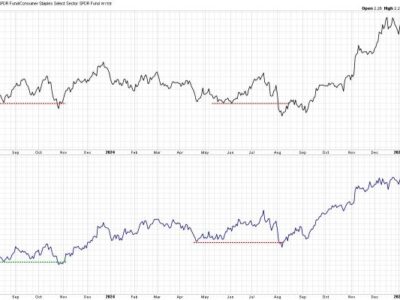
In 2020, Netflix began streaming the French film Cuties. The film follows an 11‐year‐old Senegalese immigrant, Amy, torn between her family’s conservative culture and a more progressive French society. In the film, Amy is shown joining a pre‐teen dance group (the “Cuties”), whose sexualized routines are heavily influenced by social media. The film’s message is critical of the influence of social media on young girls, but the film itself attracted significant controversy for its scenes depicting the dance group’s provocative performances.
There is room for reasonable debate as to whether the film is in good taste and whether the scenes of the sexualized dance performances were necessary to tell the story the film intended. But one Texas prosecutor went beyond merely criticizing the film and has criminally prosecuted Netflix for streaming the movie. Lucas Babin, the district attorney for Tyler County, Texas, first brought charges against Netflix under a Texas obscenity law. But during the course of that prosecution, a Texas appeals court in a separate case held that the law Babin had charged Netflix under was itself unconstitutional. That court held that the law was phrased too broadly and thus banned speech that did not fall within the narrow First Amendment exception for “obscenity” (an exception that essentially applies to only hardcore pornography).
Once this decision was issued, Netflix moved to have its own case dismissed on the same constitutional grounds. But rather than drop the case entirely, Babin surprisingly changed his entire legal theory of the case. He dropped the charge against Netflix under the obscenity statute but then brought new charges against Netflix under a more serious child pornography statute. This prosecution made no sense because there is no underage nudity in Cuties, something the state of Texas itself had previously conceded to be a prerequisite for conviction under the child pornography statute. The only nudity in the film, which occurs for less than a second, is that of an adult.
Netflix concluded that Babin brought these new charges not in good faith, but rather to punish Netflix for its constitutional challenge to the earlier charge and to drag out the legal saga for as long as possible. Netflix then filed suit against Babin in federal court, asking for an injunction stopping Babin’s new prosecutions. While the general rule is that federal courts do not step in to stop state prosecutions, an exception exists when the state prosecution is brought in bad faith. A federal district court in Texas agreed with Netflix, finding that Babin brought the charges in bad faith. The district court therefore enjoined Babin from further prosecuting Netflix.
Babin has now appealed to the Fifth Circuit, where Netflix is defending the district court’s decision. Cato has joined a broad coalition of organizations that defend and advocate for First Amendment rights to file an amicus brief supporting Netflix and urging the Fifth Circuit to affirm the injunction. In the brief, we explain why it is important that federal courts remain available as a last resort to quickly end bad‐faith state prosecutions that infringe First Amendment rights. Many speakers don’t have the same resources as Netflix and would be financially devastated by defending against a multi‐year prosecution. When such prosecutions are brought in bad faith, the process itself is the punishment, and federal courts must be available to end that process.
In the brief, we further point out that for the sake of free discourse, it is particularly important that serious criminal statutes like Texas’s child pornography law not be misused. Many vital works of journalism and art touch on sensitive and important subjects involving minors, such as sexual abuse, eating disorders, and pregnancy. If the prosecution against Netflix is allowed to continue, other speakers and filmmakers may be chilled and dissuaded from working on these sensitive and important subjects, for fear that similar laws will be misused to prosecute them. The Fifth Circuit should emphatically shut the door on this possibility and affirm the district court’s injunction.








